Protest arbitration is a process of resolving protests without the formality of a full protest hearing. Arbitration is simply a short meeting between sailors involved in a protest and an experienced judge serving as the arbitrator. The sailors tell the arbitrator what happened on the water and the arbitrator makes a decision about which boat, if any, broke a rule. The party who broke a rule is offered the chance to take a reduced penalty. If the arbitrator’s decision is accepted, the protestor withdraws the protest and the dispute is resolved before the protest is formally heard by the protest committee. The primary purpose of arbitration is to simplify and speed up the protest process for incidents that do not require the full protest hearing process.



